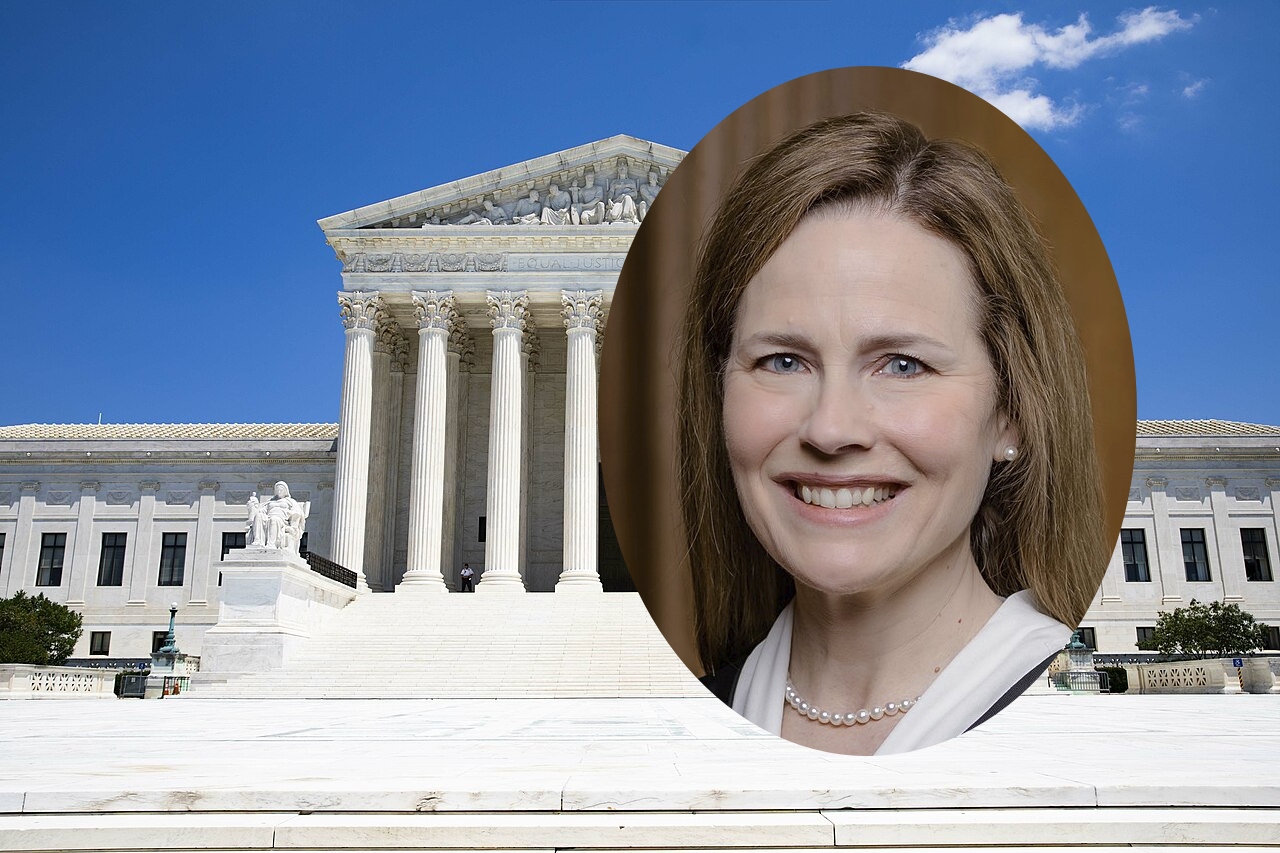In a world where money seems to wield an unparalleled influence, the adage “money can’t buy happiness” holds steadfast. However, what if we extend this notion further? What if we consider the implications of wealth not just on individual well-being but on the very fabric of democracy? Recent events, particularly the debate surrounding the appointment and influence of justices in the highest court of the land, illuminate a stark reality: while money may not directly purchase happiness, it can certainly procure power, privilege, and even justice.
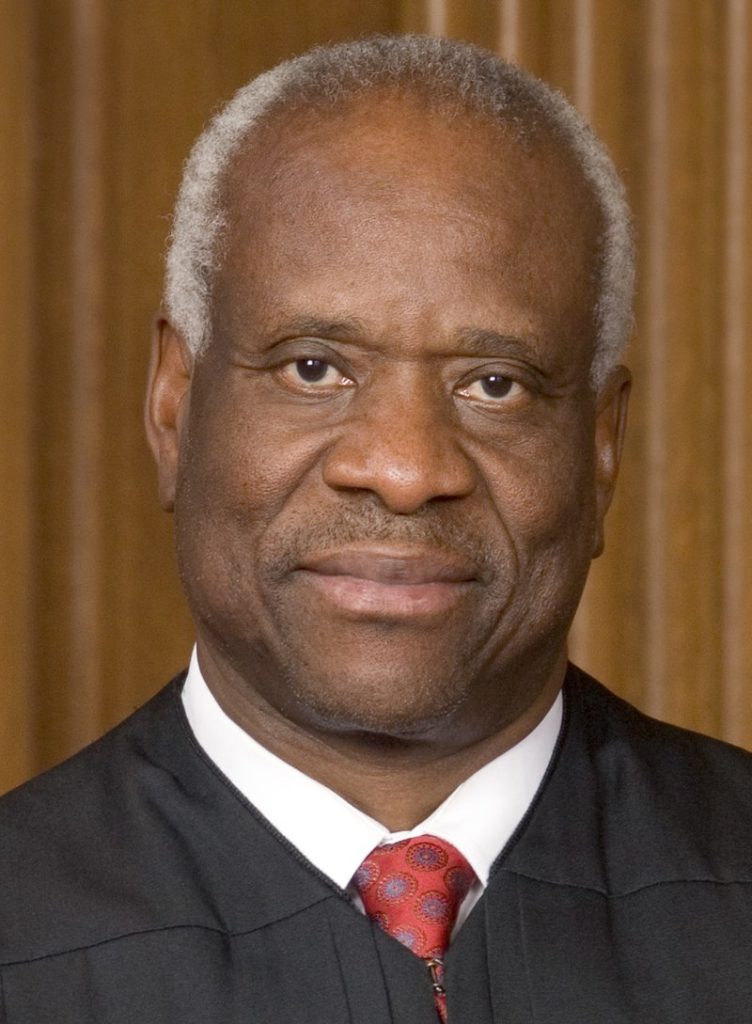
The Supreme Court, as an institution, stands as a cornerstone of democracy, entrusted with upholding the principles of justice, equality, and fairness. Yet, its composition and decisions are not immune to the influence of wealth and power. The process of appointing justices, often fraught with political maneuvering and lobbying, underscores the extent to which money can shape the highest echelons of power.
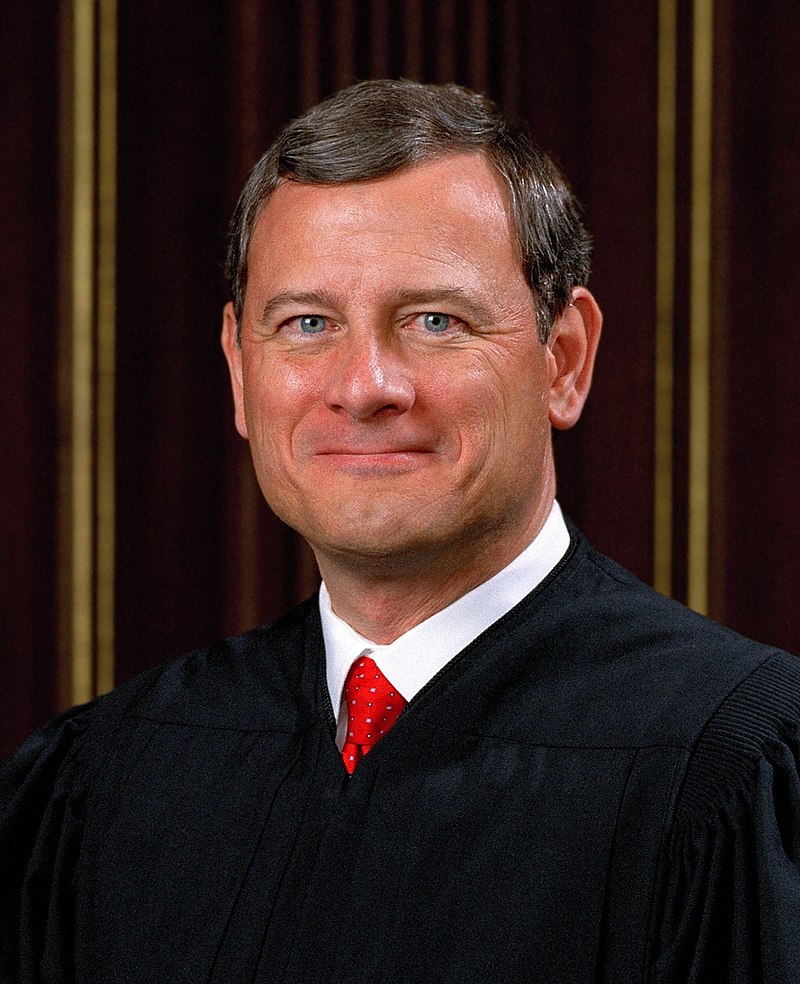
Historically, the nomination and confirmation of justices have been marred by partisan agendas and the influence of wealthy interest groups. Campaign contributions, corporate sponsorships, and powerful lobbying efforts all play a significant role in shaping the judicial landscape. In essence, the path to the Supreme Court is often paved with dollars, rather than principles.
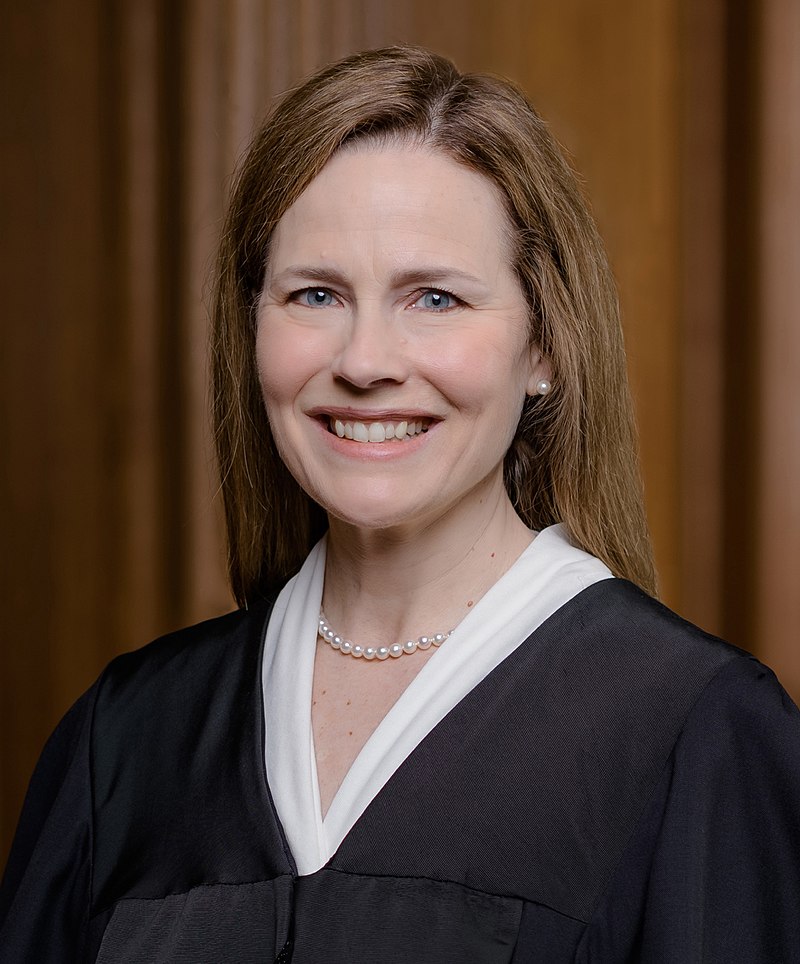
But the ramifications of wealth extend beyond the mere appointment of justices. Once seated on the bench, justices may find themselves susceptible to the sway of those who helped secure their position. Whether through campaign donations, lucrative job offers post-retirement, or other forms of financial incentives, the specter of wealth looms large over the judiciary, potentially compromising the impartiality and integrity of the court.
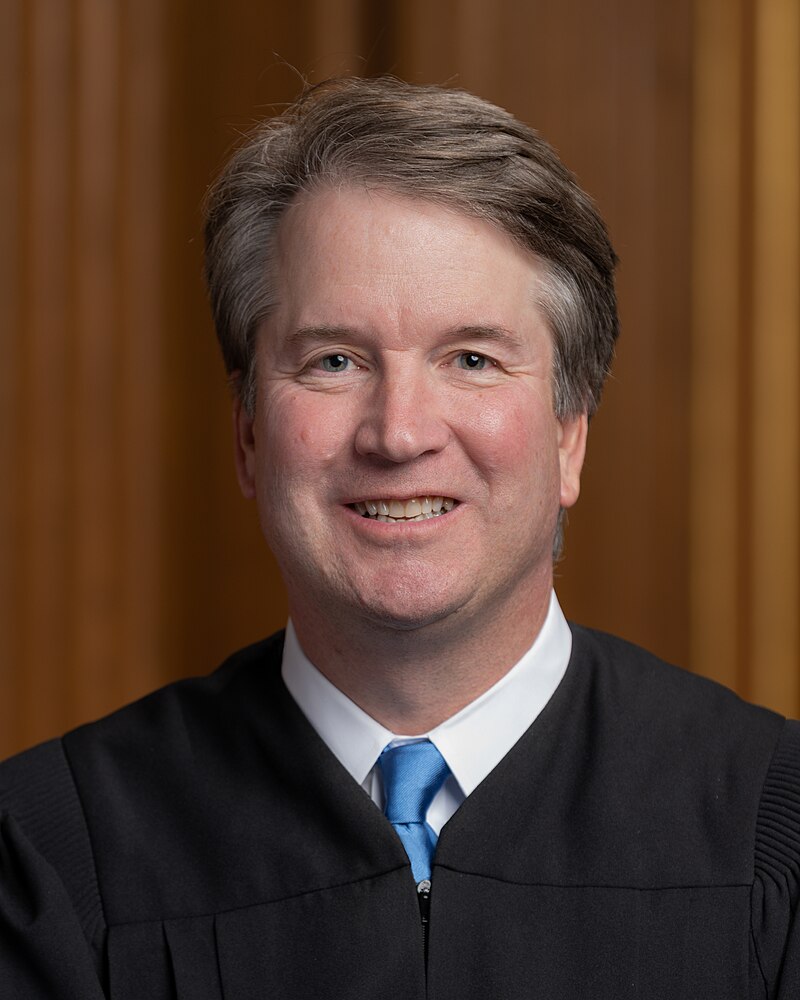
The ability of affluent individuals and corporations to fund legal battles and advocacy campaigns further tilts the scales of justice in their favor. From high-profile cases involving corporate malfeasance to contentious issues such as campaign finance reform and civil rights, the influence of money often dictates the outcome. In essence, the courtroom becomes yet another battleground where wealth and privilege reign supreme.
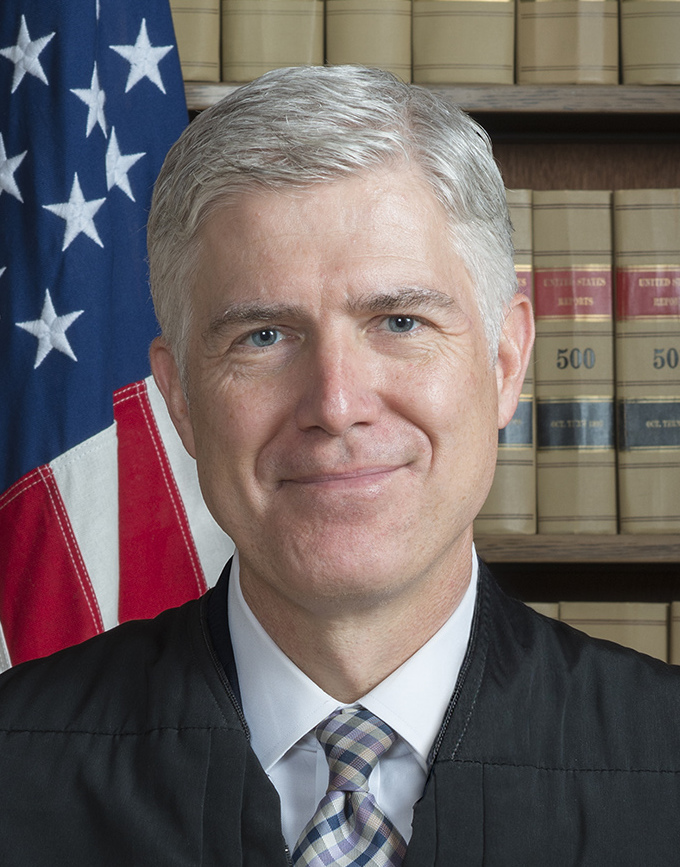
The consequences of this reality are manifold. For one, it erodes public trust in the judiciary, undermining its legitimacy as an impartial arbiter of justice. When the perception persists that justice is for sale to the highest bidder, the very foundation of democracy is called into question. It perpetuates existing disparities in power and privilege, exacerbating social and economic inequality.
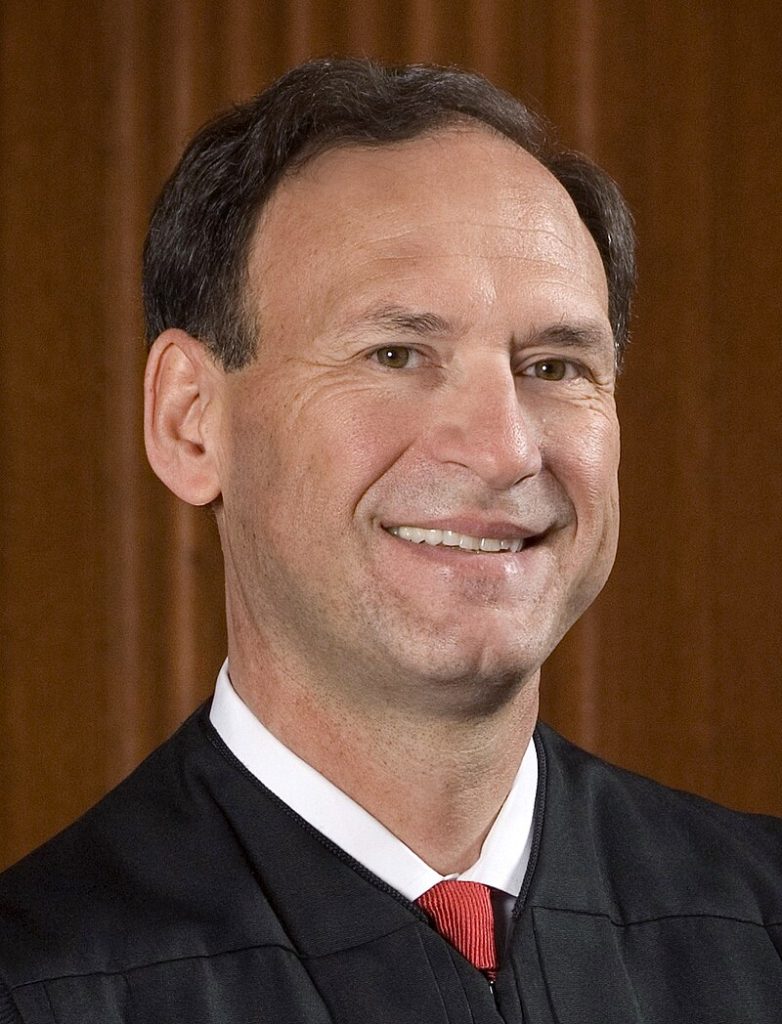
Efforts to reform campaign finance laws, increase transparency in judicial nominations, and enhance accountability mechanisms are underway. Grassroots movements, advocacy groups, and concerned citizens are pushing back against the undue influence of money in politics and the judiciary. By shining a light on the nexus between wealth and power, they seek to reclaim the promise of democracy for all citizens, not just the privileged few. Unfortunately the Citizens United case threw a monkey wrench into the system and getting the dark money out of the political system will be a serious challenge.

While money may not buy happiness in the traditional sense, its ability to shape the course of democracy and influence the highest court in the land is undeniable.
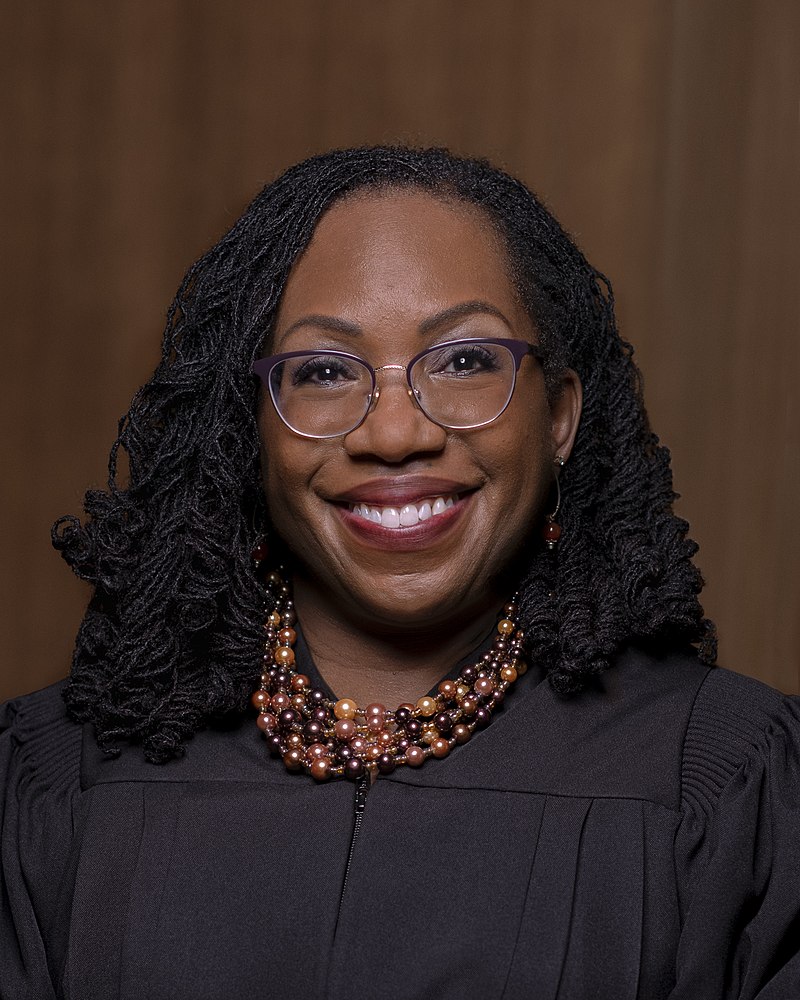
The challenge, then, lies in safeguarding the integrity of our institutions, ensuring that they remain true to their founding principles of justice, equality, and fairness.
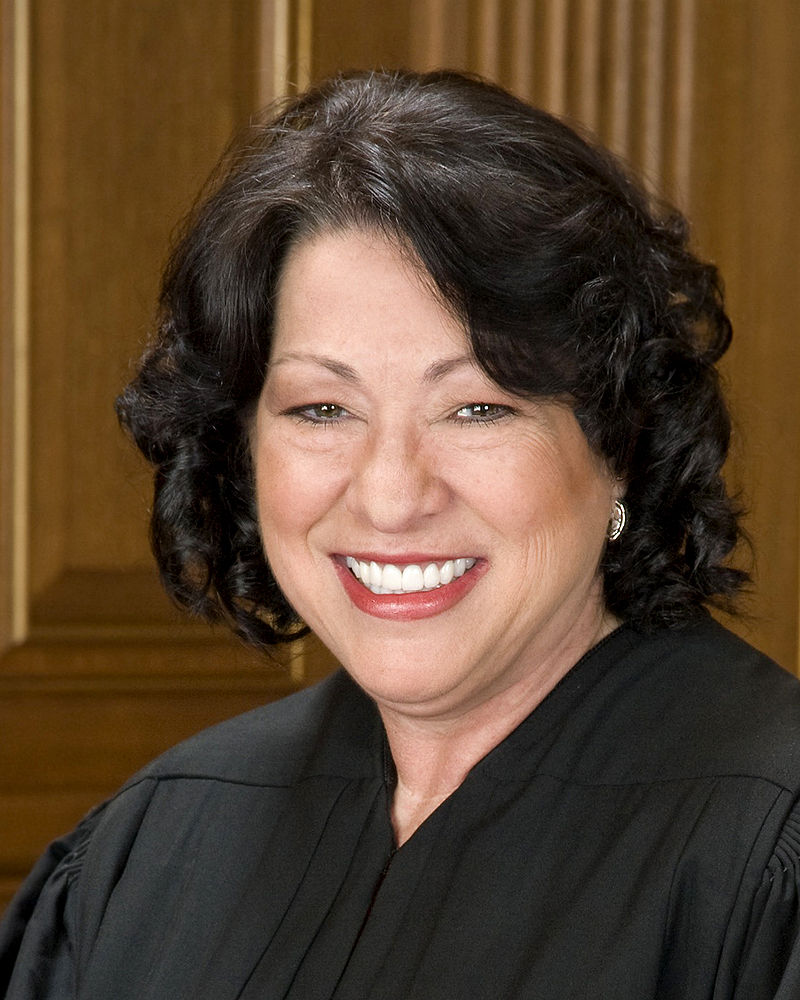
Only then can we truly claim to live in a society where the pursuit of happiness is not just a privilege reserved for the wealthy, but a right afforded to all.

